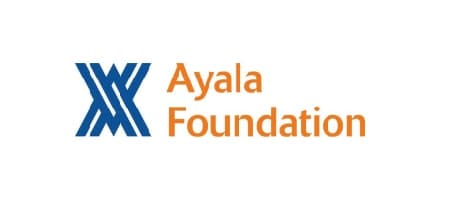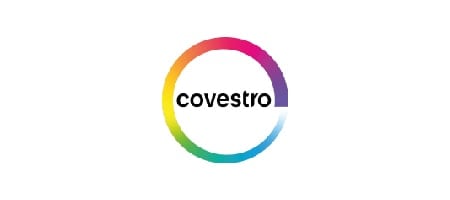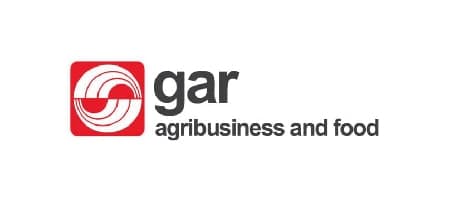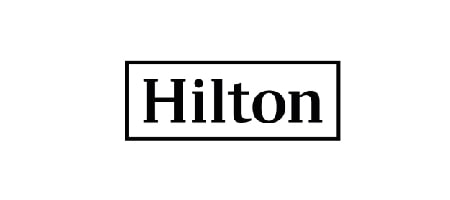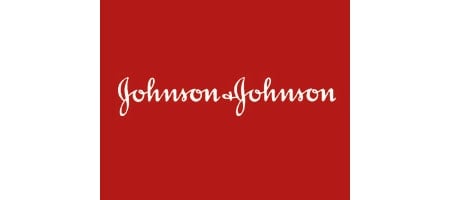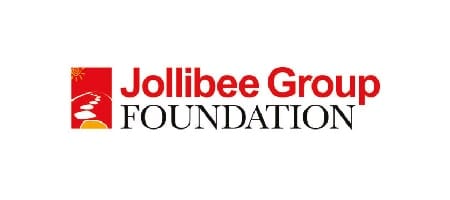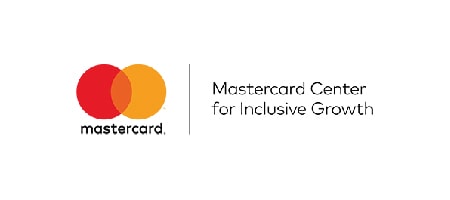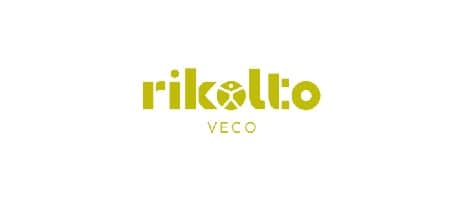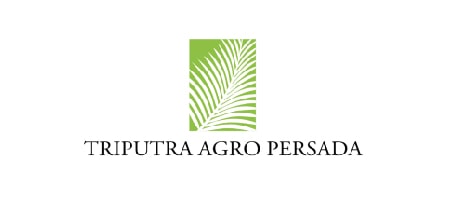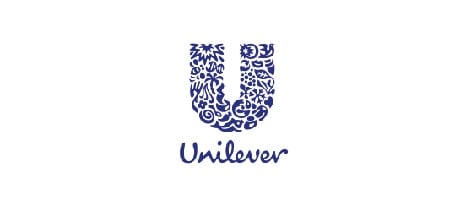Inclusive Businesses
Engaging the Base of the Pyramid in Scaling Impact
Introduction
What are Inclusive Businesses?
367 million people in ASEAN live on USD6 or less a day, constituting what is known as the base of the pyramid (BoP).
Inclusive businesses seek to provide goods, services, and livelihoods on a commercially viable basis, either at scale or scalable, to people living at the BoP. By making the BoP a part of the value chain of companies’ core business as suppliers, distributors, retailers, or customers, Inclusive Business provide them with secure and sustainable livelihoods.

By BMZ
Inclusive Business for Development
How
How to Recognise an Inclusive Business
Inclusive businesses (IBs) come in many different sizes. Here you can understand the distinguishing factors that define Inclusive businesses across the spectrum.
Are you an Inclusive Business?
Assess your investment readiness
Asia Business
Inclusive Business in Asia
In Asia alone, Inclusive Business is projected to create 1.8 million income opportunities and bring services to over 70 million. To do so, there is a need to foster both knowledge-sharing and ecosystem development.
AVPN has partnered with Inclusive Business Action Network (iBAN) to catalyse the growth of Inclusive Business in Asia, and provide access to their global resources.
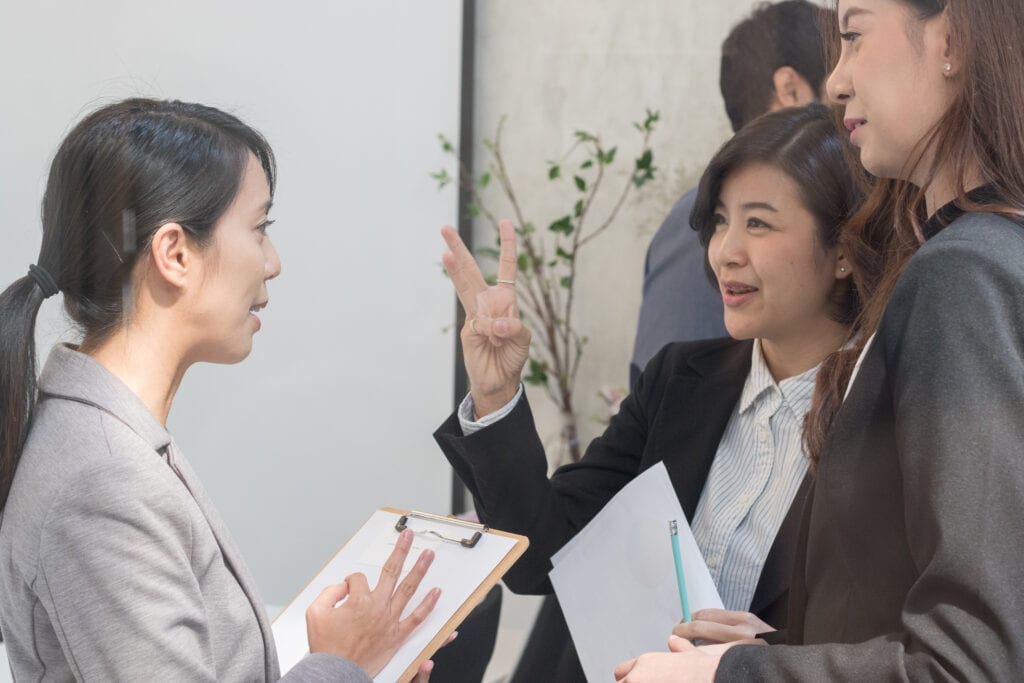
Landscape in Asia
Landscape in Asia
Click on the 4 countries for more information on each social economy, market readiness and growth potential.
Case studies
How IBs Contribute to Commercially-Viable Ecosystems
No business will be able to grow and scale without the help of partnerships. We have profiled a partnership to exemplify how IBs have connected with AVPN members to leverage resources and maximize impact.
Pioneers
Pioneers In Asia
Be inspired by our IBs founders who have impacted the world’s most socio-economically disadvantaged group, giving them the dignity, opportunities and self-empowerment they deserve.
Krakakoa
Ecodoe
GREATWomen
Mekong Quilts
Local Alike
Aglonera
DEAL SHARE PLATFORM
Deals In Asia
Find Inclusive Businesses deals through our Deal Share Platform. Identify opportunities and gaps and deploy financial and non-financial capital in a more targeted and impactful manner.
Members
AVPN Members Engaging in Inclusive Business Models
Many AVPN members are already active in the Inclusive Business landscape. Find out more about them here.
Resources
Inclusive Business Resources
We believe in the power of knowledge sharing to encourage investors, social purpose organisations, governing entities, and intermediaries to learn and build their capacity.
















